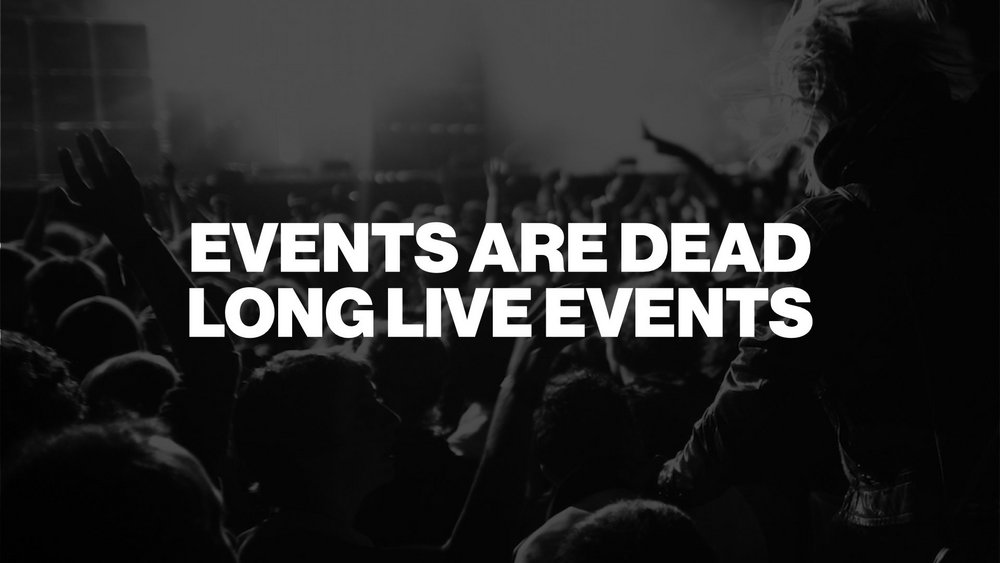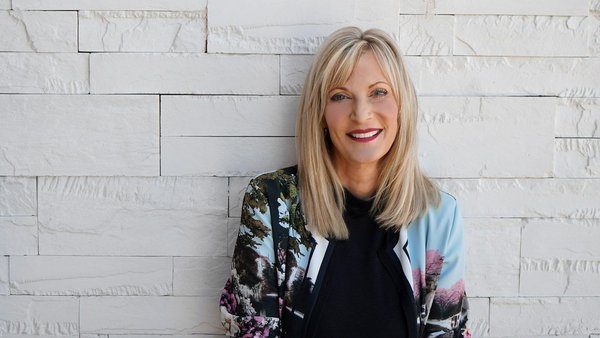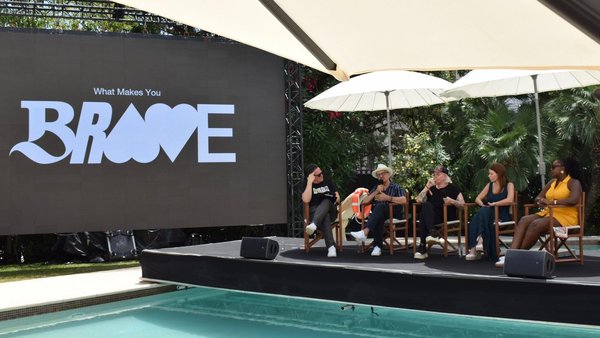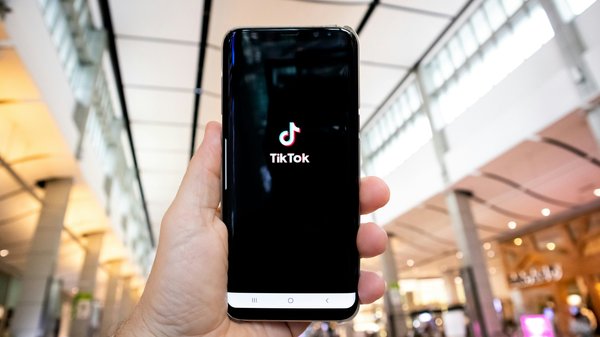Promoted content
Why virtual events are here to stay /
Contagious Contributor
/
Virtual events are here to stay and will command 40% of industry investment even after the pandemic lockdown ends, according to Lively co-founders Mark Mitchell and Mike White.
Mitchell and White spoke during Contagious’ Ask Heretical Questions live stream (sponsored by Lively) on 27 May, delivering a talk called Events Are Dead. Long Live Events.
‘Traditional physical events have been changing for longer than you might realise,’ Mitchell began, citing the 2012 London Olympics as the first ‘social Games’ where people created and shared content during live events, amplifying the experience.‘For brands,’ added White, ‘these additional participatory layers can have a very powerful effect.’

The coronavirus pandemic has accelerated the development and acceptance of digital or virtual experiences by forcing the hand of a $1.5 trillion global industry, leaving it with no other options but to cancel events or move them online.
This has led to remarkable innovations, according to the Lively founders, who pointed to Travis Scott’s Astronomical concerts within battle royale game Fortnite, which attracted 12.3 million concurrent in-game viewers on the first night, and a live-streamed concert in front of 75,000 fans by K-pop band SuperM.
The latter was especially significant because fans paid $30 a piece for tickets to the virtual concert. ‘The one thing the industry said couldn’t happen, has,’ said Mitchell.

Lively takes the view that events of the future will draw on the independent cultures of physical and digital.
‘Physical events are tactile,’ said Mitchell. ‘They’re about networking, and sensory responses and shared emotional engagement [...] Virtual events are immediate and accessible. People can take part from anywhere in the world and they connect through tech and data, not physical proximity, and they reach bigger audiences.
‘Our prediction is that when the current crisis ends, 60% of investment will go into physical live events and 40% will go into making virtual events. And going forward, any business using live marketing needs an events strategy that combines physical and virtual communications and doesn’t over-index on physical.
’Mitchell and White then offered some advice for creating virtual events:
1) Start with your audience: What do they want out of this transaction that happens in a virtual space?
2) Consider the platform: What’s the best way to reach your audience? Social media? A gated website?
3) Create your story: It must be informative or entertaining.
4) Show design: This is as important in the virtual world as it is in the physical event space. People are already calling out Zoom fatigue because organisers haven’t put enough thought into their content.
5) Creativity is the key: Give people the guidelines or the permission to break them so that they need to create an engaging and brand-compliant experience.
6) Factor in broadcasts: You need to understand how to connect to an audience, and go into their homes in a relatable way.
7) Design a programme that maintains audience interest: You might want to consider breaking down a long business event into a series, for instance.
8) Learn how to manage complex logistics: That’s why Lively doesn’t have digital or event people, said Mitchell, pointing out that they instead hire ‘hybrids’.
‘Things feel difficult right now,’ admitted Mitchell and White, but there is good news: ‘We have been given permission to make mistakes. In a world where risk-taking seemed to have been taken over by finance departments, we now have no choice but to try and do different things, and for once, audiences are happy for us to give it a go.
‘In the words of [American entrepreneur and author] Eric Reis, don’t lose sight of your original vision, just ensure you pivot your strategy in line with the opportunities we now have in front of us.’
Want more of the same? /
We don’t just write about best-in-class campaigns, interviews and trends. Our Members also receive access to briefings, online training, webinars, live events and much more.




